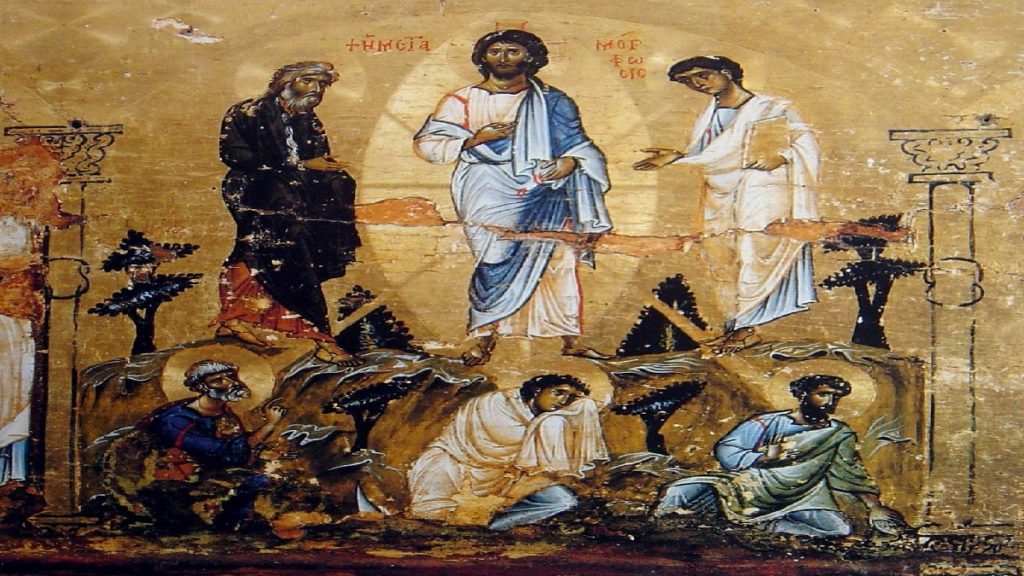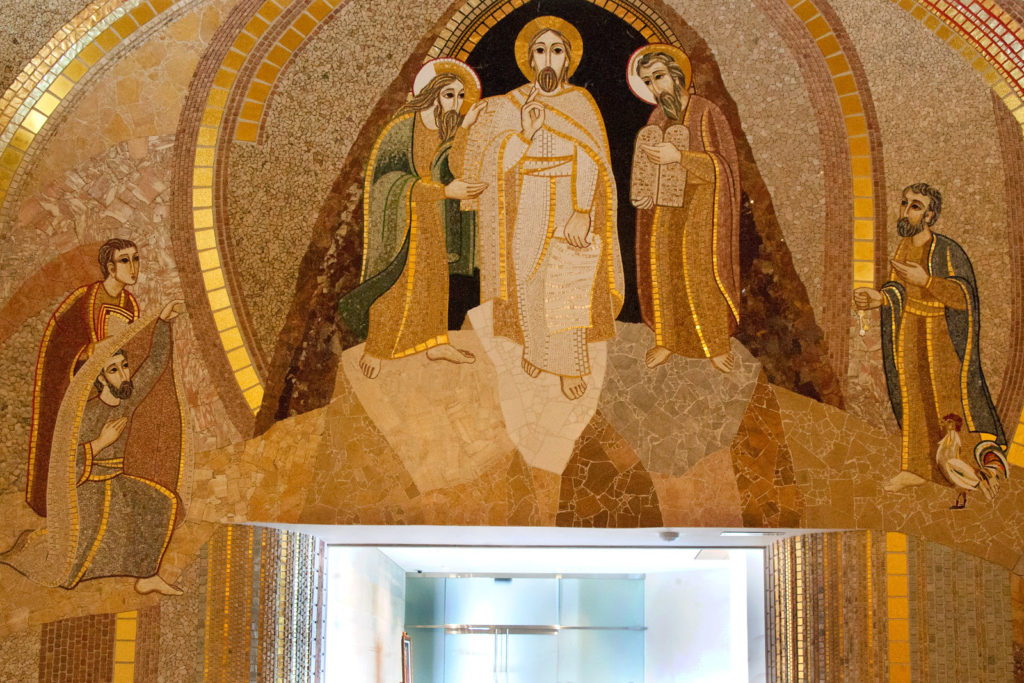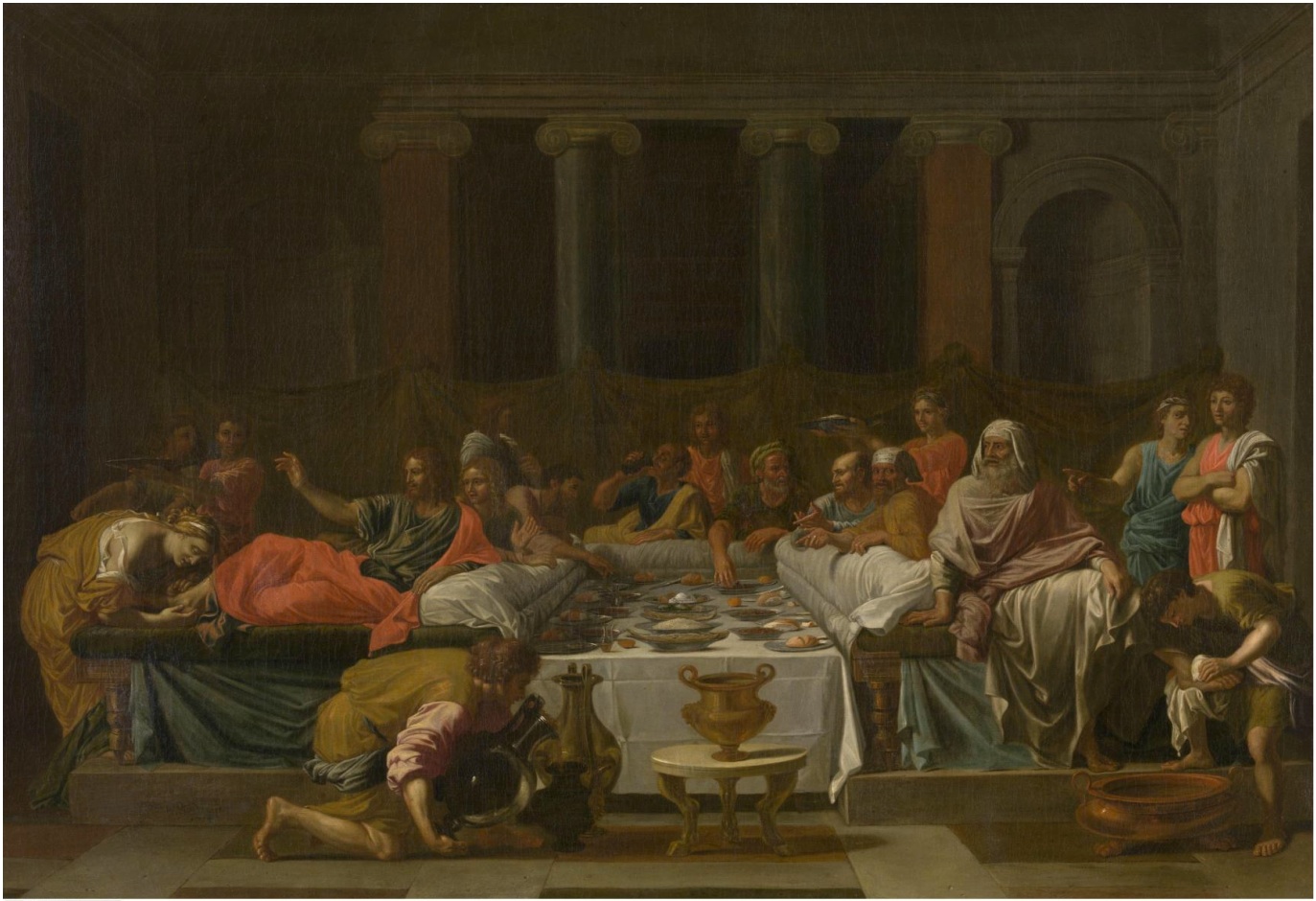
@johnvinod | March 26, 2021
Today let us read Mark 3: 13- 18. Note that this key passage about the twelve disciples of Jesus Christ is different from the calling of his disciples earlier. Soon after Jesus Christ came out of his wilderness experience, he called the disciples, as seen in Mark 1: 16-20. We are not informed how many Jesus had called to follow him, but I believe, there were dozens of people. However, today’s incident of Mark 3 occurred some time later, when he had already gained a steady following. In this event, Jesus does something absolutely crucial for the church he was beginning.
As was his practice, Jesus accomplished this on a retreat at a mountain away from the lakeside to withdraw from the crowds. Luke informs us that Jesus spent a whole night in prayer there (Luke 6: 12). And then Jesus called to himself only the twelve men whom he “desired” or “wanted.” The original has it as ‘whom he would’ or ‘whom he himself would.’ Thus, it rules out anyone offering themselves to be his apostles! And they came to him without delay. Mark is providing a contrast here between the general crowds that flocked to Jesus on their own and those whom Jesus wanted, selected, and called unto himself, before he “appointed” or ordained/commissioned them.
Then he appointed and named them the “apostles” (Mark 3:14). The word means the sent-out ones with a specific purpose who maintain with Jesus a close relationship. They also received personal hands-on training from him. They were not merely to pass on the teachings of Jesus, but they were to represent and extend the Kingdom he had inaugurated.
In the whole process, the initiative is that of Jesus from the beginning. It was his sovereign idea, in calling, in choosing from among those he had called to follow him, and then in appointing those whom he had chosen. Therefore, discipleship in the sense of belonging to Jesus and following him is a matter of God’s initiative and his work in our lives rather than our choice. The missions or ministry of the Kingdom is not something we can select ourselves as one would undertake a profession. That is why, these words of Jesus must have always rung in the mind of these apostles, which Jesus said just before he was betrayed and arrested:
You did not choose me, but I chose you and appointed you that you should go and bear fruit and that your fruit should abide, so that whatever you ask the Father in my name, he may give it to you (John 15: 16 ESV)
The Lord has not changed his mind or the process about calling and appointing. It is still his way for us. As I reflect upon my life and calling, I am amazed to see the hand of God in every step of the way…. how God picked me up from a tiny unknown hamlet and orchestrated everything for me to be equipped for His ministry. In the same way, the Lord knows from the beginning about everyone of us. He not only calls, but equally prepares and shapes everything in us toward the fulfillment that he has planned through us for His Kingdom.
On the other hand, down through the centuries, much irreparable damage has been done in the mission fields or in the churches by those who chose to dub themselves into missions. They often did so because they wanted to accomplish something great for themselves using the name of God. May the Lord help us today to ascertain his calling and purpose in each one of our lives. Amen!

Leave a Comment

















